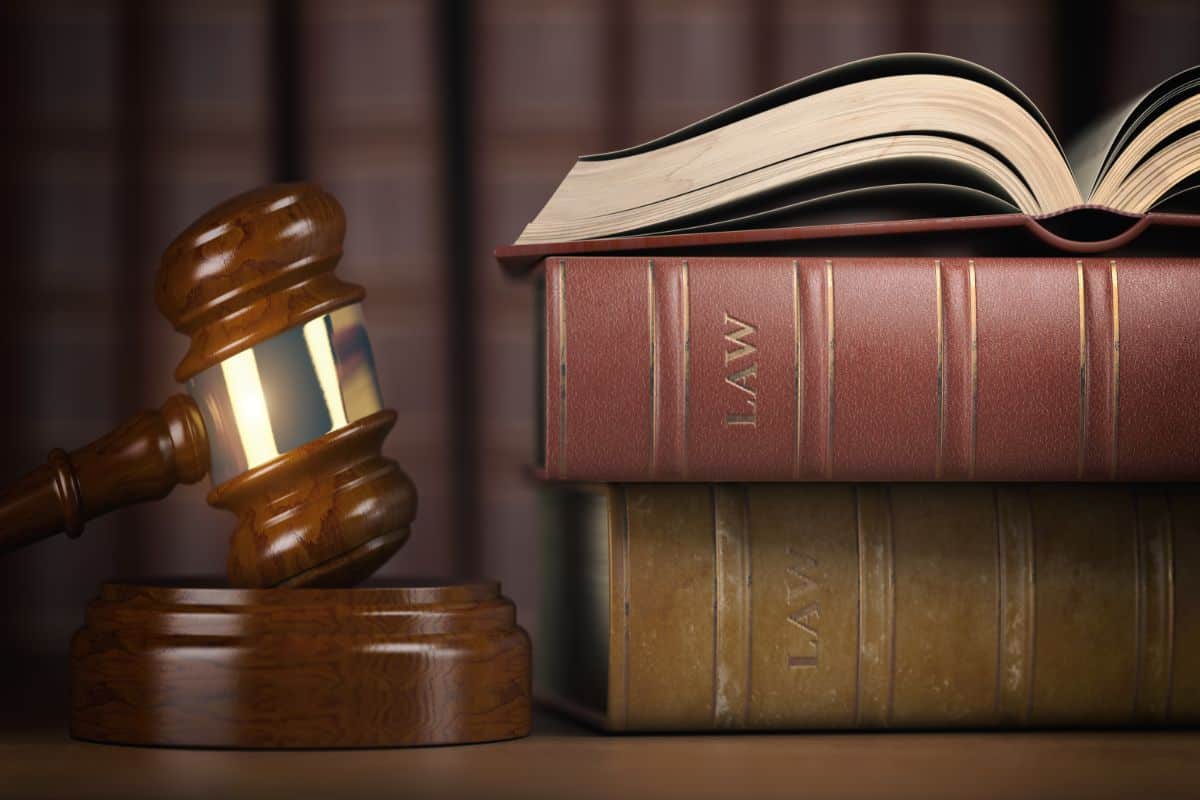What Do I Have to Prove to Win a Personal Injury Case?
All court cases have a different burden of proof. You may be familiar with the phrase “beyond a reasonable doubt” from court shows or movies. That’s the burden of proof in a criminal case. In civil cases, the burden of proof is lower: “a preponderance of evidence,” which simply means one side has more credible evidence to support their case than the other side.
In a criminal case, you must first show a crime occurred by bringing criminal charges against an individual. To show a personal injury occurred, you have to prove negligence by the other party.
Negligence is proven by four crucial elements:
The defendant had a duty. Duty is a loaded word—when we think of duty, we think of soldiers and police officers, and their duty to go out of their way to protect the public. In this case, duty simply means an agreement. When you get in a car and drive on a public road, you are automatically agreeing to follow traffic laws along with all the other drivers. We have traffic laws in order to keep everyone safe on the road, so your duty as a driver is to follow these rules so everyone stays safe.
The duty was breached. In a personal injury case, you need to be able to show that someone shirked their duty. If someone hit you in their car because they turned right on red, that’s a breach of duty. If someone hit you in their car because the brakes malfunctioned on their perfectly maintained vehicle, then the driver did not breach their duty—but the brake manufacturer or car maker might have.
The breach caused harm. This part connects the dots from the breach of duty to your accident. You must be able to prove that your injury—not just the accident–was a direct result of the breach of duty.
An injury resulted for which damages can be paid. There’s a saying: “Close only counts in horseshoes and hand grenades.” That’s true in personal injury law, too. A close call does not count in a personal injury case, no matter how glaring the negligence. You can’t be compensated for what might have been. This can be especially hard in medical malpractice cases where a near miss can often be scary enough to make you feel like you deserve something for justice to be served.
Robert Greening is the principal attorney at GreeningLaw, P.C. He has dedicated his 24 years of practice to the litigation of wrongful death and serious injury cases. If you have a question about a recall or injury, contact GreeningLaw, P.C. at 972-934-8900.





